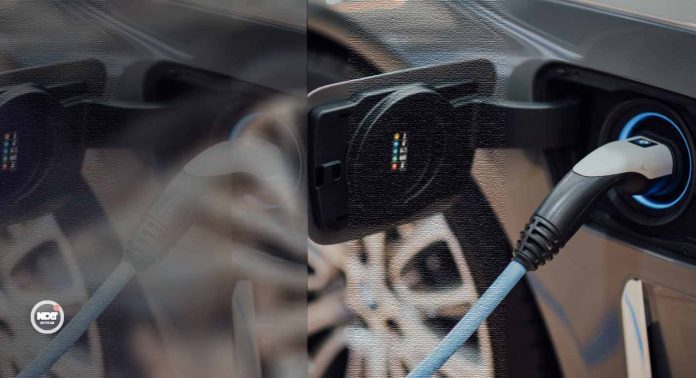The Ministry of Science and Technology and the Ministry of Industry and Production have been quite productive as of late in their efforts to promote Electric Vehicles (EVs) in Pakistan. The current government seems to be in an aggressive pursuit of introducing environmentally-friendly means of transport in Pakistan.
Recently, an EV policy for two-wheeled and three-wheeled vehicles has also been enacted, which offers several incentives to the buyers and owners of such EVs, and an EV Policy for 4-wheeled vehicles shall be made a part of the Automotive Industry Development and Export Plan (AIDEP) 2021-26 that is assumed to be released in the 2nd half of the 2021 calendar year.
Although it seems improbable in a modern age whereby information is abundant and easily available that the people wouldn’t know about the most pertinent points of discussion in the world today, that is the EVs.
Even from general discussion with a small, non-savvy group of people, it can be easily determined that a huge number of people don’t know about the personal, economic, and environmental benefits of EVs.
Furthermore, BYD has also reached an agreement with one of the leading Oil Marketing Companies in Pakistan – Total Parco – to develop an EV charging network across the country. The government is actively trying to encourage a maximum amount of investors to step forward and aid in the creation of proper charging infrastructure across the country.
An argument can be made that people can charge their EVs at home as well, but that is only possible if your home has a 3-phase power supply for fast charging, and even if it does, charging a vehicle can take hours, depending on the power supply rate and battery size.
One of the factors that could hinder the development of proper charging infrastructure in Pakistan, is the concern for power shortfall. Even after decades of being declared a developing country, Pakistan still struggles to provide sufficient energy for domestic or commercial use.
Loadshedding and other sorts of power outages are still far too common for the people to have faith in the power sector to accommodate EV charging networks as well as other sectors in Pakistan. That is also down to the fact that the governments have been unable to capitalize on power generation capacity.
Maintenance of the EVs is a completely different ball game compared to the maintenance of FFVs. The entire car is essentially one big computer, powered by a large and heavy battery. Therefore, the dedicated crop of EV mechanics has to be trained and put in place before introducing EVs in the country.
Plus, they have optimized the complete value chain, meaning that the EVs are built from scratch in China, which implies that they’re much cheaper than they would be when they reach another country, which in the case of this article is Pakistan. So realistically, it would take us a long time before we can follow China.
In the hands of an untrained mechanic, if the car’s Electronic Control Unit (ECU) is hampered even in the slightest, the entire car could become a dead weight, and the repair charges for such damage – which are already quite expensive under normal circumstances – could cost a big fortune.
With that said, the wheels are indeed gradually turning towards the normalization of EVs in Pakistan. However, there appears to be a lot of skepticism on the part of the public about the introduction of EVs in Pakistan.
